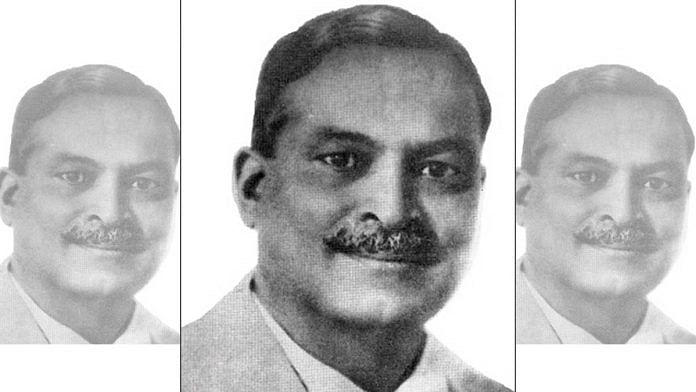New Delhi: India celebrates 1 July as National Doctors’ Day in honour of Dr Bidhan Chandra Roy, who was not only a physician himself, but a philanthropist, educationist and social worker, who also served as Chief Minister of West Bengal for 14 years.
In its obituary, the British Medical Journal described Roy as the “first medical consultant in the subcontinent of India, who towered over his contemporaries in several fields”. It also said, “… at his professional zenith he may have had the largest consulting practice in the world, news of his visit to a city or even railway station bringing forth hordes of would-be patients.”
Widely credited with making quality health services available to common people, he played an instrumental role in the creation of two prestigious medical institutions in the country — the Indian Medical Association in 1928 and the Medical Council of India, of which he was the first president, between 1939 and 1945. He also helped kickstart the Indian Institute of Mental Health, the Infectious Disease Hospital and Kolkata’s first-ever postgraduate medical college.
Also read: On World Blood Donor Day, a look at India’s blood crisis that’s compounded by Covid
Persistence and civil disobedience
Born on 1 July, 1882 in Bihar’s Patna, he studied mathematics at Patna College and then medicine at Calcutta Medical College. He was in school when the partition of Bengal took place. It took Roy almost 30 meetings with the dean to later gain admission into St Bartholomew’s Hospital in London, because the dean wasn’t keen to admit him.
After his post graduation in 1911, he went on to become a Member of the Royal College of Physicians (MRCP) and a Fellow of the Royal College of Surgeons (FRCS).
On returning from London, Roy became active in politics, even succeeding Subhas Chandra Bose in 1931 as Mayor of Calcutta. He joined Mahatma Gandhi’s Civil Disobedience movement, soon becoming his friend and personal physician. In May 1933, when Gandhi was undertaking a 21-day fast in Parnakutivin, Poona (now Pune), Roy was by his side and taking care of him.
After independence, Roy became Governor of Uttar Pradesh and a year later, in 1948, the second Chief Minister of West Bengal. He served until his death on 1 July 1962, dying on the same date on which he was born.
A year before his death, Roy was honoured with the Bharat Ratna. After his passing, his house was gifted to the public for running a nursing home. In 1976, the B.C. Roy National Award was instituted in his memory for work in the areas of medicine, politics, science, philosophy, literature and arts.
Also read: World Day Against Child Labour: Covid and reverse migration could push more children to work




HEALTH CHECK UP SYNOSITE PROBLEM AND EAR INFECTION EVERYTIME